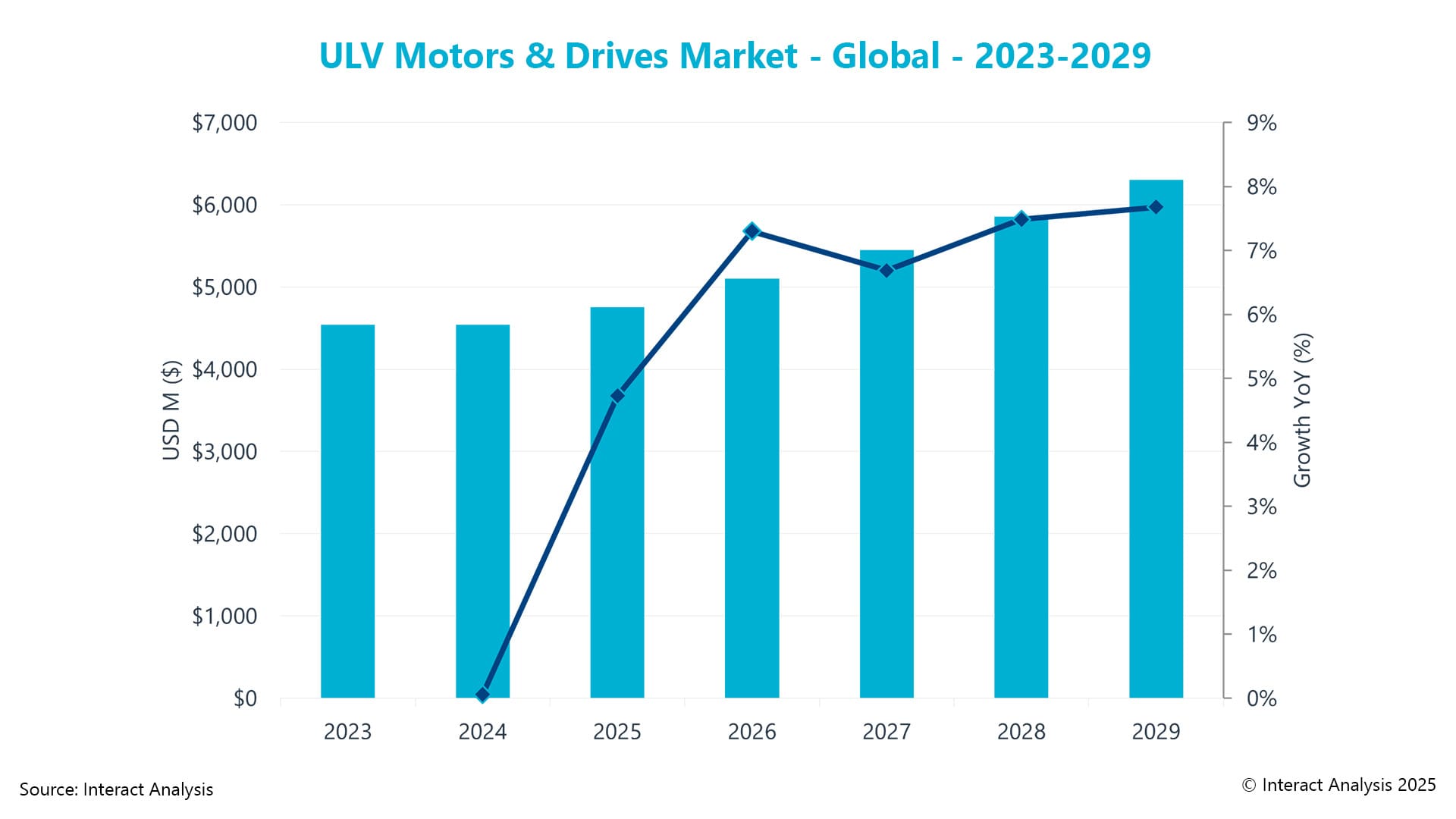Schedule a Call Back
Sustainability commitments are reshaping investments: Joachim Braun of ABB
 Articles
Articles- Aug 30,25

- Digitisation: Leveraging production data through advanced analytics and model predictive control will optimise efficiency, reduce downtime, and improve quality. This will also help companies transition from reactive maintenance to predictive strategies, minimising unplanned disruptions.
- Sustainability: Decarbonisation, circular economy models, and renewable integration will increasingly drive investments. Companies must evaluate environmental impacts across their entire value chains.
- Workforce transformation: Digital workplaces, automation, and remote operations will reshape workforce dynamics, making industries more attractive to diverse talent pools and ensuring long-term sustainability of human capital.
Related Stories

India is now positioned as a leading player in forging: Yash Munot
In this interview with Rakesh Rao, Yash Munot, President, Association of Indian Forging Industry (AIFI), highlights India’s readiness to strengthen its global position in forging, and importance o..
Read more
Sustainability commitments are reshaping investments: Joachim Braun of ABB
In this interview with Rakesh Rao, Joachim Braun, President – Process Industries, ABB, outlines key trends shaping process industries and shares the company’s growth strategy in India.
Read more
Sparr Electronics Showcases Cutting-Edge Interface Converters
These Made in India Interface Converters are engineered to simplify connectivity between devices operating on different standards, ensuring seamless, secure, and efficient data transfer across diver..
Read moreRelated Products

Digital Colony Counter
Rising Sun Enterprises supplies digital colony counter.
Robotic Welding SPM
Primo Automation Systems Pvt. Ltd. manufactures, supplies and exports robotic welding SPM.

Heat Exchanger Scale Removal Compound -hesr-300
Hi There!
Now get regular updates from IPF Magazine on WhatsApp!
Click on link below, message us with a simple hi, and SAVE our number
You will have subscribed to our Industrial News on Whatsapp! Enjoy



















